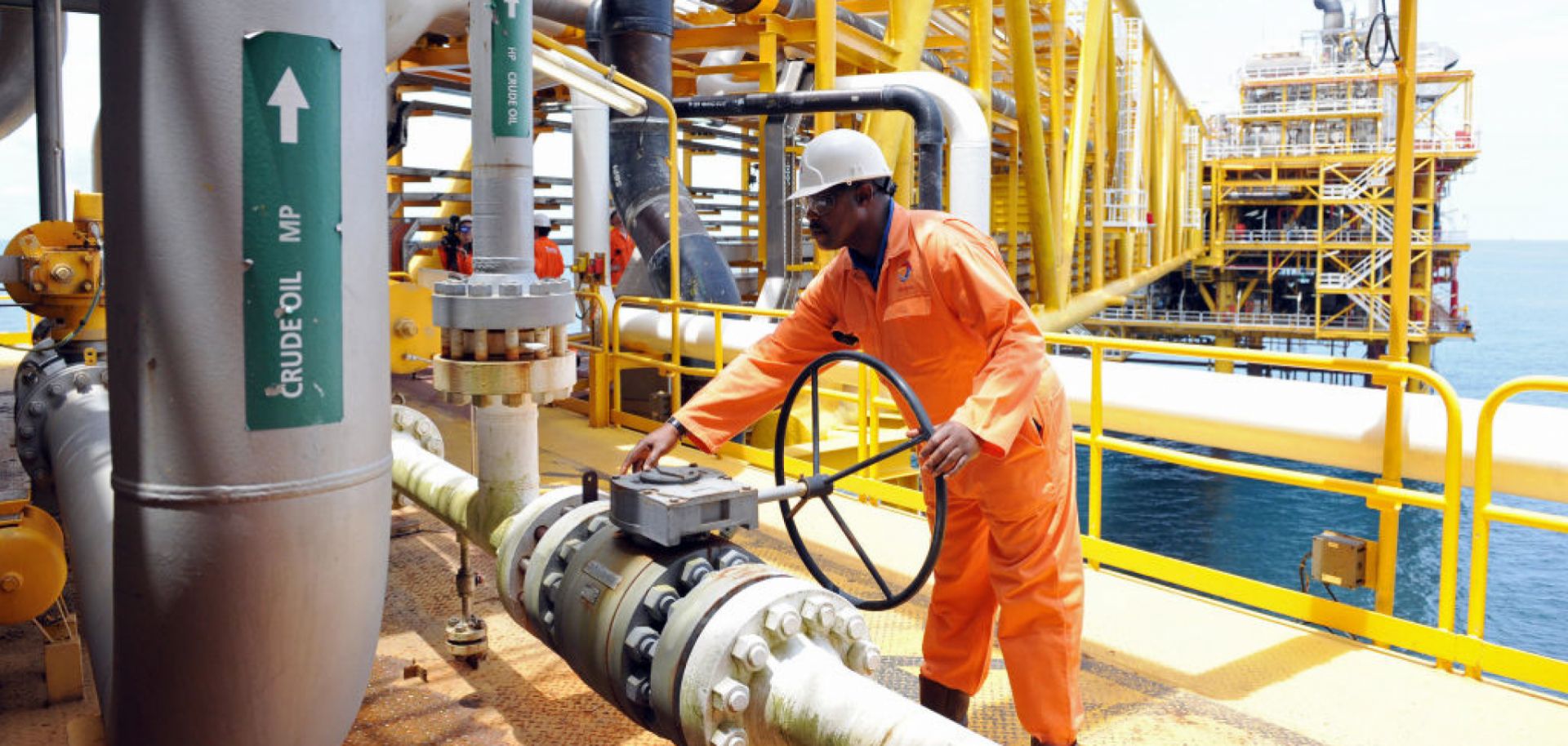The auto industry in the United States are preparing for higher costs and significant disruptions to its North American supply chains as President Trump’s 25 per cent tariffs on Canada and Mexico is set to become a reality.
The tariffs could lead to increased production costs, higher vehicle prices, and delays in manufacturing, prompting companies to reassess their sourcing and operational strategies.
“The tariffs are all set,” Trump told reporters on Monday afternoon, saying that there was no room for Canada or Mexico to negotiate another reprieve. “They go into effect tomorrow.”
Speaking on Monday, Trump described his tariff announcement as “very exciting” for the auto industry, claiming it would benefit from his plan.
He added, “what they have to do is build their car plants, frankly, and other things in the United States, in which case they have no tariffs.”
However, the auto industry has strongly opposed these tariffs, primarily because U.S. car plants depend on parts from Canada and Mexico.
Let’s be real honest,” Ford CEO Jim Farley told an investor conference in February. “Long term, a 25% tariff across the Mexico and Canadian border will blow a hole in the U.S. industry that we have never seen.”
Farley pointed out that U.S. plants, which rely on North American supply chains, will be especially impacted by the tariffs.
Analysts at Bernstein Research also highlighted that Detroit automakers are particularly vulnerable, facing greater challenges than their international competitors.
The North American auto supply chain is “highly integrated,” meaning factories in the U.S., Canada, and Mexico regularly exchange components.
For decades, trade agreements like NAFTA and its Trump-negotiated replacement, the USMCA, have supported this seamless arrangement.
Multiple analysts predict that car prices will rise as a result of the tariffs, with thousands of dollars in additional production costs difficult to avoid.
Jefferies investment bank forecasts an average price increase of 6%, or about $2,700, while two analyses cited by Kelley Blue Book estimate a $3,000 price hike on average.
In addition, other scheduled and proposed tariffs are set to disrupt automaker supply chains.
Starting this month, higher tariffs on steel and aluminum—key raw materials—will take effect. Trump has also proposed a 25% tariff on imported vehicles from Europe, along with additional country-specific tariffs.
Automakers had hoped for weeks, the tariffs on Mexico and Canada would stay as threats rather than become policy.
Now, they are hoping the tariffs will be short-lived.











